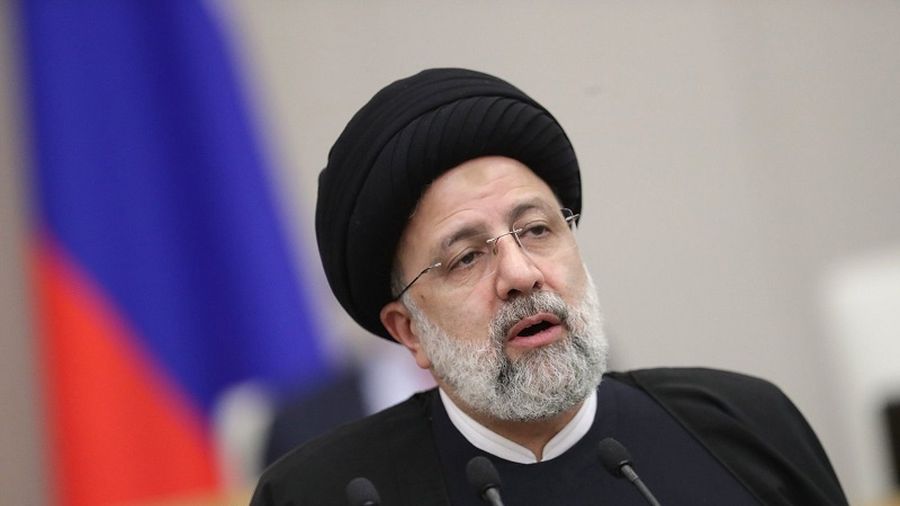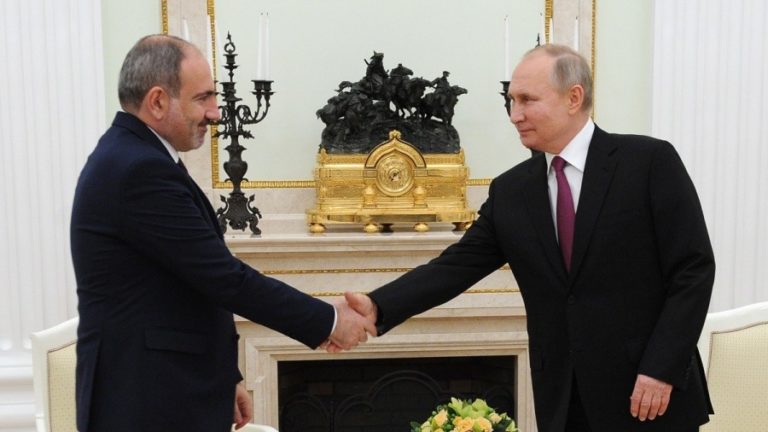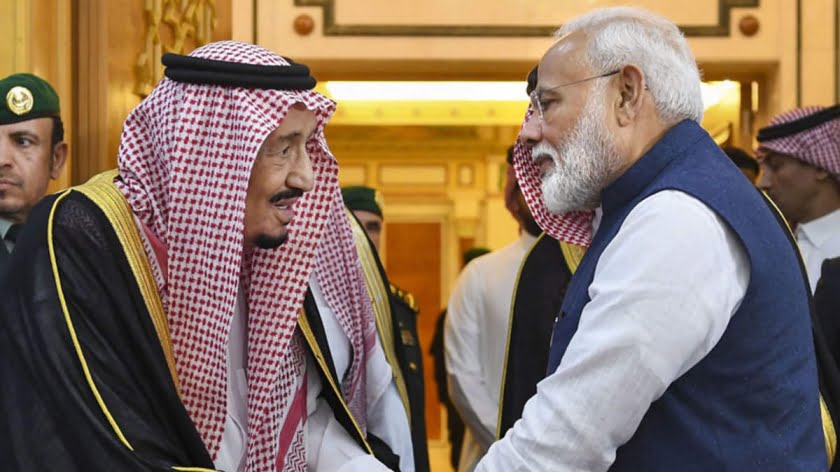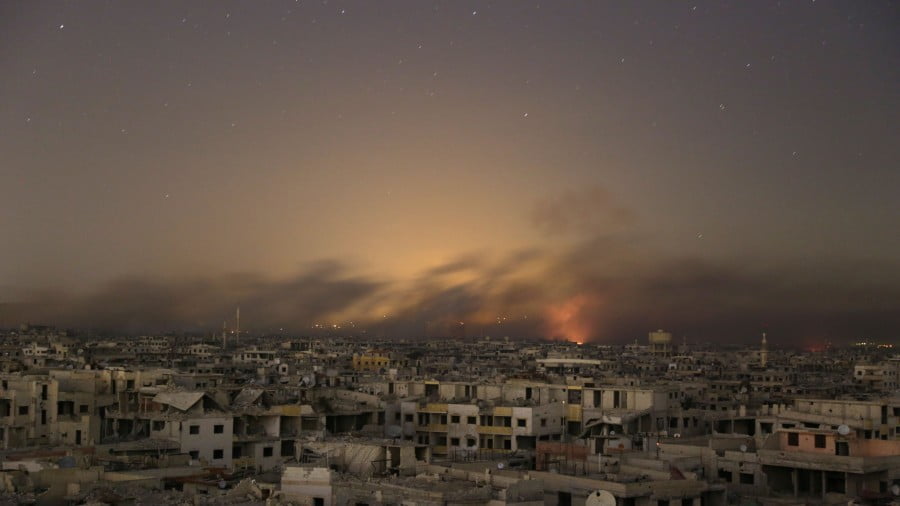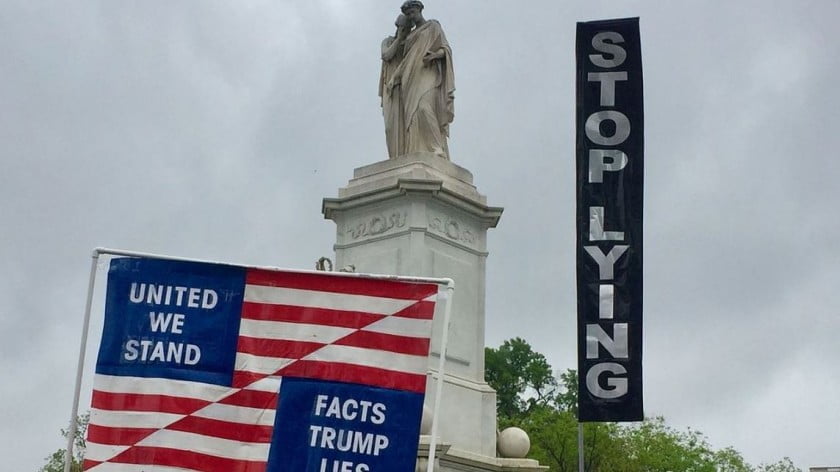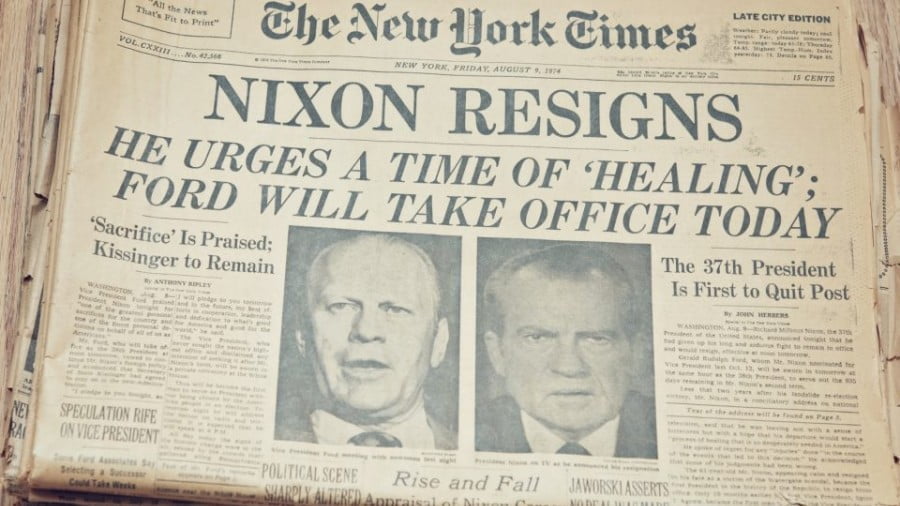Analyzing Iranian President Raisi’s Address to the Russian Duma
President Raisi’s visit was a stunning success, but its grand strategic impact shouldn’t be exaggerated.
Iranian President Raisi recently addressed the Russian Duma during his first trip to the Eurasian Great Power. Much has been made about this event, with most of the Alt-Media Community (AMC) cheering it on as heralding some kind of game-changing “alliance” between these two countries, supposedly made all the more credible by low-level tactical naval drills with China coincidentally taking place right around that time. Those overly enthusiastic assessments aren’t accurate, as is usual whenever it comes to most of the AMC’s portrayals of relevant international events concerning Russia, but President Raisi’s address also wasn’t insignificant either. The present analysis will explain its true strategic importance.
President Raisi importantly began his remarks by honoring the birth of Jesus and explaining his importance in Islam. This immediately showed his hosts that the Islamic Republic isn’t “fundamentalist” or “hostile” like its opponents have misportrayed it as. Instead of a so-called “clash of civilizations”, a “convergence of civilizations” is possible not just between Christianity and Islam, but between Russia and Iran more specifically. This was a wise way to start off his speech. He then segued into the mutually beneficial and complementary aspects of comprehensive bilateral cooperation between these friendly countries.
The Iranian leader’s mentioning of his country’s “maximum interaction” policy conveys the sense that there’s no limit to their potential cooperation, meaning that it’ll go as far as Russia wants it to. He then spoke about their common values and successful anti-terrorist cooperation in Syria. It was around that time that President Raisi condemned the US for its occupations of Afghanistan and Iraq prior to praising their people for resisting those foreign forces. He highlighted how the genuine war on terrorism is also a war on hegemony, whose protagonists must protect themselves from the US’ subversive divide-and-rule schemes.
Declaring that the US and terrorists form an “evil alliance”, President Raisi then warned how they seek to target the Caucasus and Central Asia, two regions that Russia informally considers to be within its so-called “sphere of interests” like Iran increasingly does as well. The next topic touched upon by President Raisi was the inadmissibility of the US’ illegal sanction regimes and his country’s principled commitment to never acquire nuclear weapons. This signaled to his Russian hosts his nation’s resilience as well as its awareness of its international obligations. Returning to the theme of maximum interaction with Russia, President Raisi then described the wide range of areas where they can expand their cooperation.
He specifically mentioned the North-South Transport Corridor (NSTC) and drew attention to the role of Russia’s special and privileged Indian strategic partner within it, which must have earned him plenty of respect from his Duma hosts. It as also pragmatic that he closed his speech by proposing another meeting of the Iranian, Russian, Turkish, Pakistani, and Chinese parliamentary speakers to discuss anti-terrorist issues. This showed that Iran is balancing security and economic interests all across the board. The overall impression that one’s left with after reading his remarks is that President Raisi successfully promoted his country’s grand strategic importance to Russia.
It’s also crucial to note that he abstained from condemning Russia’s de facto “Israeli” ally and the latter’s Zionist ideology when talking about threats to regional stability, including terrorism and the US’ “evil alliance” with it. This might be the first time ever where President Raisi overlooked those two’s role in the region, which he presumably did out of political pragmatism since he must have known that condemning them while in Russia – let alone publicly and not to mention before the entire Duma – would have immediately ruined his trip. There’s no way that Russia would approve of President Raisi condemning its de facto “Israeli” ally and its Zionist ideology while he was President Putin’s guest.
Intriguingly, reports circulated around the time of his visit alleging that Russia proposed an interim nuclear deal to President Raisi, who supposedly declined it. The veracity of these claims remains unclear, but it’s conceivably possible that Russia might have done this, perhaps as a potential quid pro quo in the midst of its ongoing security guarantee talks with the US in order to prompt the latter into pragmatically reciprocating in some way by de-escalating tensions in Europe. Again, this is only speculation, but it should still be mentioned in the larger context of President Raisi’s visit. Not making the reader aware of this would be irresponsible since they deserve to have the right to form their own judgement.
Overall, President Raisi’s visit was a stunning success, but its grand strategic impact shouldn’t be exaggerated. It’s not clear exactly how far Russia wants to go in expanding its strategic partnership with Iran, though it should be presumed that impressive progress of some sort will ultimately be made after some time, but it’ll likely be far from the so-called “alliance” that many in the AMC have fantasized about. After all, Russia aspires to become the supreme “balancing” force in Eurasia across the 21st century, to which end it cannot support one side over another in any rival disputes like Iran over the GCC and especially not over “Israel”. The best that can be hoped for is Iran joining the “Neo-NAM”.
This refers to the new Non-Aligned Movement that Russia and India are informally exploring the potential of jointly assembling then subsequently leading in order to create a third pole of influence in the increasingly bi-multipolar world order. This paradigm would perfectly place Russian-Iranian relations in their appropriate grand strategic context whereby they wouldn’t be aimed against any third party but would still comprehensively strengthen throughout the future in a very meaningful way that would be mutually beneficial for all of Eurasia. It’s this policy proposal, and not a so-called “coalition” between those two and China (which is unrealistic), that Iran should consider prioritizing with Russia.

